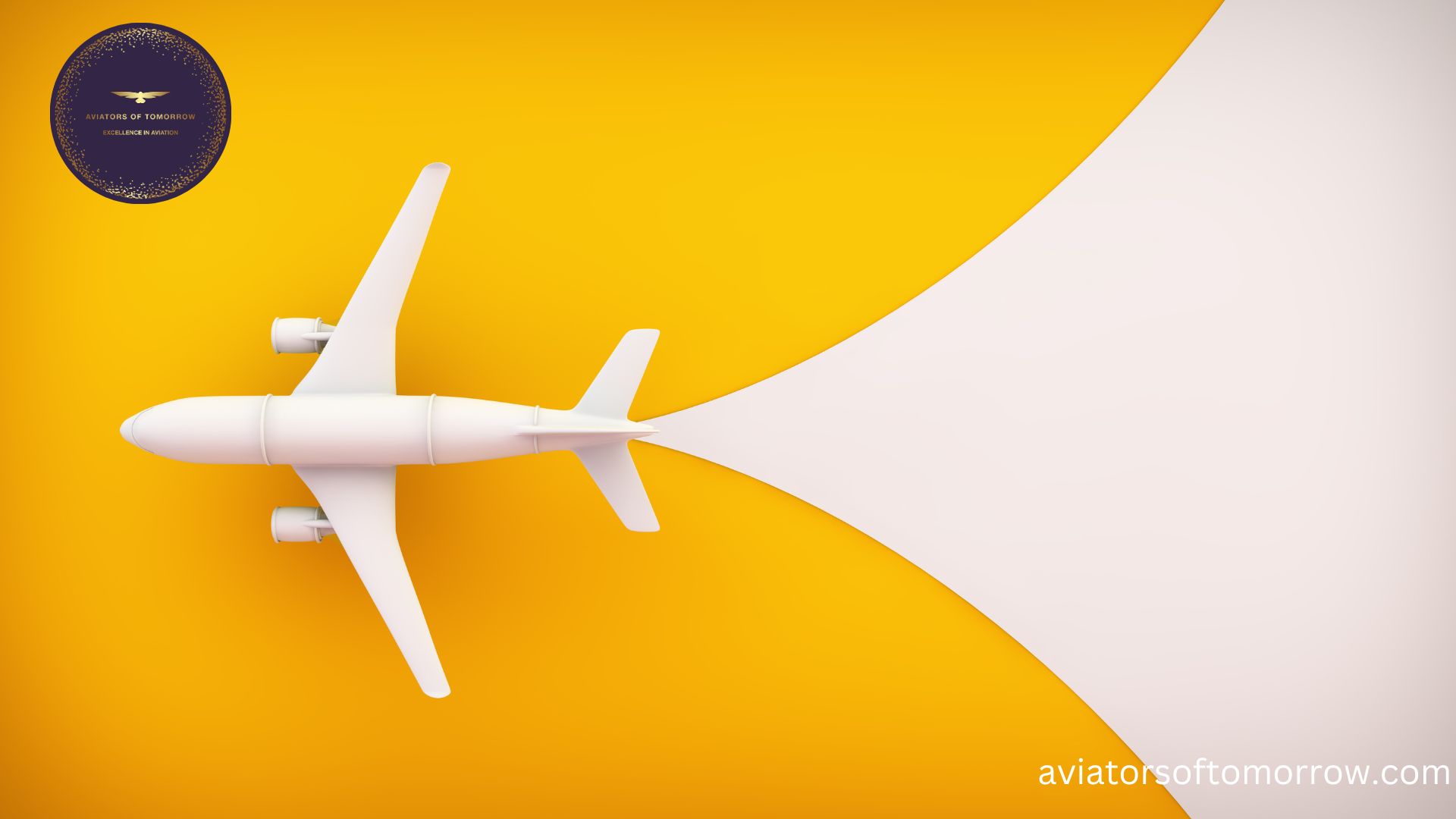The Future of Air Travel: What Can We Expect in the Next Decade?
Discover the exciting possibilities that await in the future of air travel. Explore advancements, innovations, and the potential impact on the passenger experience.
Table of Contents
ToggleIntroduction
The Future of Air Travel: What Can We Expect in the Next Decade?
This question ignites a sense of anticipation and wonders as we envision potential advancements and innovations in the aviation world. The future promises remarkable developments that will revolutionize how we fly, enhancing safety, efficiency, and passenger experience. From supersonic travel to sustainable aviation initiatives, the next decade holds great promise for frequent flyers and occasional travellers.
Supersonic Travel: Breaking the Time Barrier
The future of air travel promises supersonic speeds, allowing passengers to reach their destinations in record time. Several companies are developing supersonic aircraft capable of travelling at speeds exceeding Mach 2. Imagine boarding a flight and reaching your destination halfway across the globe in just a few hours.
Electric and Hybrid Aircraft: A Greener Skies
As concerns about climate change continue to grow, the aviation industry is actively exploring greener alternatives. Electric and hybrid aircraft are set to revolutionize air travel by significantly reducing carbon emissions. With ongoing research and development, we expect to see more electric and hybrid planes taking to the skies in the coming years. These aircraft will be environmentally friendly and quieter, providing a more pleasant flying experience for passengers.
Hyperloop and Airports: Seamless Connections
Integrating hyperloop technology with airports will transform how we travel. Hyperloop systems, capable of high-speed transportation in low-pressure tubes, will enable passengers to travel swiftly between airports and city centers. This seamless connection will eliminate long transit times and enhance overall travel efficiency. Imagine arriving at the airport and seamlessly transitioning from your hyperloop capsule to your aircraft, all within a matter of minutes.
Biometrics and Personalization: Enhanced Security and Convenience
Biometric technology will play a significant role in shaping the future of air travel. Facial recognition, fingerprint scanning, and iris identification systems will streamline airport security processes, making them more efficient and secure. Moreover, personalized travel experiences will become the norm, with airlines utilizing passenger data to offer tailored services and recommendations, ensuring a more personalized and enjoyable journey for each traveller.
Artificial Intelligence and Automation
The next decade promises to make space tourism a reality for adventurous travellers. Companies like SpaceX and Blue Origin are actively developing spacecraft capable of carrying civilians to the edges of the Earth’s atmosphere and beyond. Imagine the thrill of floating in zero gravity, witnessing breathtaking views of our planet from space. While space tourism will initially be limited to a privileged few, advancements in technology and growing competition may make it more accessible in the future.
The Passenger Experience: Comfort and Connectivity
In the future, the passenger experience will be characterized by greater comfort and connectivity. Cabin designs will focus on maximizing space and comfort with innovative seating configurations and enhanced in-flight entertainment systems. High-speed internet connectivity will become standard, allowing passengers to stay connected, work, or stream their favourite shows while travelling. Additionally, advancements in noise-cancelling technology will create a quieter and more serene cabin environment, promoting relaxation during long-haul flights.
Read About:- Flying High: How to Make Aviation Your Career
Supersonic travel costs more initially, but advancements and competition may make it more affordable for more people. As the industry evolves and economies of scale are realized, there is hope for a decrease in ticket prices, making supersonic travel a viable option for more people.
Electric and hybrid aircraft will have a significant positive impact on the environment. Decreasing the carbon emissions from airplanes is crucial in combating climate change and advancing a more sustainable aviation sector. Additionally, using electric engines will result in quieter flights, minimizing noise pollution around airports and surrounding communities.
Security and privacy will remain paramount in implementing biometric technology. Strict regulations and protocols will be implemented to safeguard personal data and ensure compliance with privacy laws. Additionally, robust encryption methods and secure databases will be employed to protect sensitive information and prevent unauthorized access.
While AI and automation will streamline processes and enhance efficiency, they may also lead to changes in employment patterns within the aviation industry. Certain tasks currently performed by humans may be automated, leading to a shift in job requirements. However, the advancement of technology also opens up new opportunities for skilled professionals in areas such as AI development, data analysis, and customer experience management.
Space tourism is still in its early stages, and initial experiences will likely be limited to a select few individuals with significant financial resources. However, as technology evolves and the industry matures, it is conceivable that space tourism will become more accessible to the general public within the next decade. Increased competition among space tourism companies and advancements in spacecraft design and manufacturing may lead to more affordable options for those passionate about space exploration.
Author







